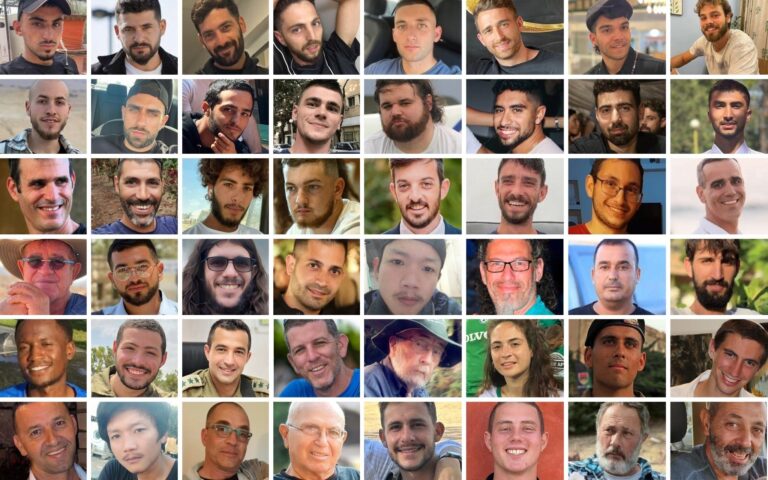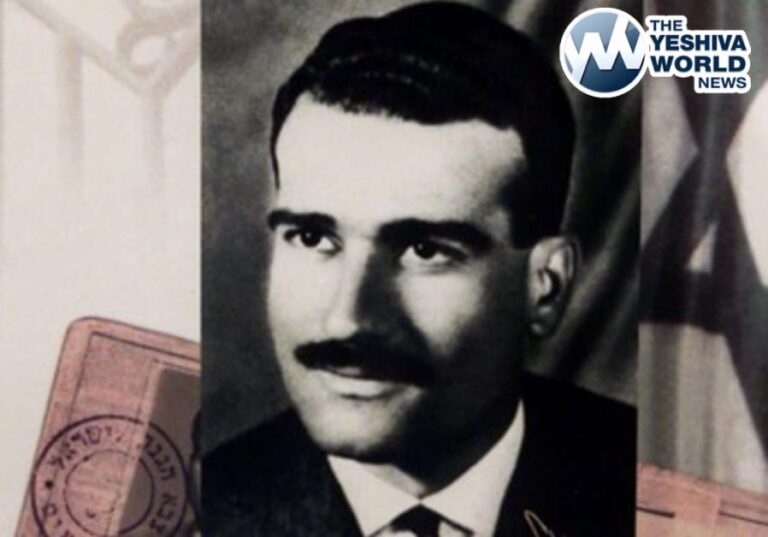Rabbi Yehuda Meshi-Zahav, the founder and chairman of ZAKA spoke to Arutz Sheva recently about a painful topic – suicide in Israel, including the Chareidi community.
“The numbers speak for themselves. We work with this every day. Around 500 Israelis commit suicide every year. In the past, they thought that it stemmed from the availability of weapons in the army and now it’s become clear that particularly in the army, there’s a decrease in suicides in recent years.”
“We see that it happens in all sectors – rich, poor, Chareidim, secular, young and old. There’s also the fact that 6,000 people a year arrive at hospitals following a suicide attempt so there are thousands whom we succeed in saving.”
Regarding suicide in the Chareidi sector, he said: “We know that someone who took his life is buried outside the cemetery. In actuality, in all the years since Zaka was founded, there was only one incident of kevura outside the cemetery. The family isn’t guilty and there’s no reason to punish them twice. Furthermore, the halacha says that maybe he did teshuva at the last minute.”
“There’s an advantage in the Chareidi community over the general community – the community support is inestimably greater than the general population. We’re familiar with many incidents of people with suicidal thoughts – when they mentioned these thoughts to a friend or Rav or Rebbe, they knew how to get a professional involved. The Chareidi community has the benefit of its social structure but it’s impossible to say that the phenomenon doesn’t exist.”
Meshi-Zahav also mentioned the phenomenon of “second-generation suicide” – when people who lost relatives to suicide commit suicide themselves in its wake – which in his opinion needs to be researched. “There are those who commit suicide on the kever of their relatives. Sometimes it stems from feelings of guilt that they didn’t realize [their relative] was in distress and provide support.”
“Once I was driving and I saw a car signaling behind me to stop. I realized the driver wanted to speak to me and I stopped on the side of the road. He told me, ‘I’ve been looking for you for a long time already. I want to consult you about something important and personal.'”
Meshi-Zahav accompanied the man to his house at a nearby yishuv, where the man lived in a large villa. “He showed me one room and another room and then another room and said: ‘This is my son’s room – a 16-year-old who committed suicide. He got involved in a cult and at a certain stage, they told him his time is up and he jumped from Azrieli [complex of skyscrapers in Tel Aviv]. My whole life is dark and it’s only a question of time until I follow in his footsteps.'”
“I utilized all my experience, I connected to him. We became friends until today and now his view has completely changed. This was a father that felt pangs of guilt that he didn’t realize that the cult was controlling his child – so much that he decided he wanted to commit suicide also. I’m not talking about one or two incidents. We’re familiar with enough incidents that research should be conducted on this phenomenon.”
Meshi-Zahav mentioned that at times suicide can be caused by a crisis – social, medical or financial. He concluded with a call to creditors – private or commercial – not to pressure people who can’t repay their debts, noting the Torah prohibition of creditors pressuring those who owe them money. “Money isn’t everything. Someone who owes money and can’t repay it didn’t do it purposely. Don’t pressure too much – it can lead to suicide and the destruction of families.”
(YWN Israel Desk – Jerusalem)












4 Responses
Yes – suicide is a real problem and for the most, it comes to Zaka’s doorstep at a too-late or nearly-too-late stage i.e. a suicide attempt – sometimes “successful” and hopefully not. The real key is early intervention – noticing when someone is emotionally troubled and making sure that he or she gets professional help ASAP without a second thought of “What will the Schwartz’s say?” Bayit Cham is THE mental health organization in Israel that for more than 20 years has been working on getting that message out to the entire frum tzibbur – raising awareness and exhorting to normalize professional treatment for mental health issues and providing the actual services all over Israel geared to our communities’ sensitivities. To the best of my knowledge, there is no other organization that does that on a national basis. With all due respect to the amazing work of Zaka with great mesiras nefesh for which we are all grateful, when it comes to mental health and abuse issues, Rabbis Shmuel and Arie Munk, Bayit Cham’s founder and director respectively, deserve the credit for the revolution in our communities.
A question onf הלכה. is a person who commits suicide חייב מיתה or not?
Some things missing from this post.
1) It addresses only Eretz Yisroel, where ZAKA is the primary organization that encounters this issue in a huge way. Aside from cases where ZAKA might not have been involved (in other words, the numbers might be even greater) but there is no reference to outside E”Y. In America, the primary organization privy to this issue is probably Misaskim, through I believe others might also have enough involvement to shed light on this tragic phenomenon.
2) The was less discussion than is needed about mental illness. Not only is depression and other psychiatric conditions a major factor, but the reason that the practice of burying at the edge of the cemetery is hardly ever kept is because mental illness is a disqualifier for that, and is the situation in almost every case. The common thread is despair or hopelessness. And there are many situations that trigger such feelings. There is available help of many sorts, and the stigma about utilizing there resources is decreasing.
This entire subject is painful, but if we fail to address it, it will not go away. We all like “feel good” news, and I pray that HKB”H give us all the nice things to broadcast in our frum news outlets.
yes, someone who commits suicide is חייב מיתה
I’m shocked that you forgot a mefurashe Rambam
רמב”ם הלכות רוצח ושמירת הנפש פרק ב הלכה ב)
וכן ההורג את עצמו, כל אחד מאלו שופך דמים הוא ועון הריגה בידו וחייב מיתה לשמים ואין בהן מיתת בית דין
I understand that you dont understand that, well then, look it up or ask me…..
(nafka mina for קם ליה בדרבה מיניה and העושה עצמו טרפה etc.)
anyway, good shaila, keep them coming!